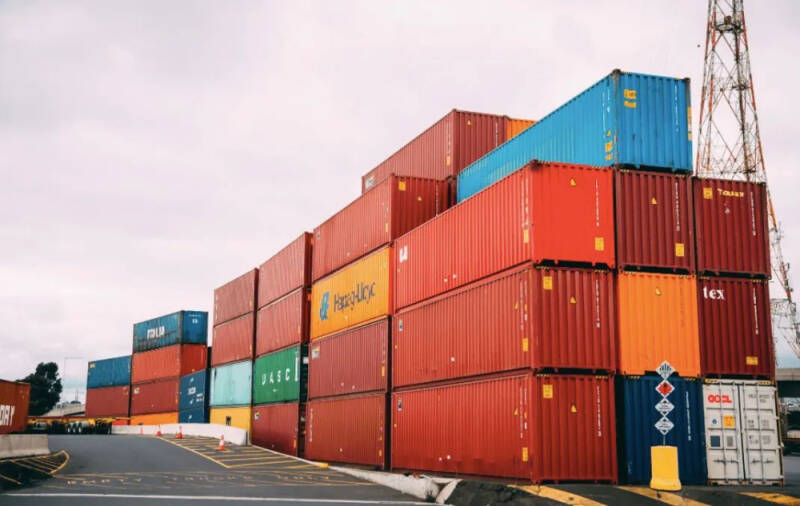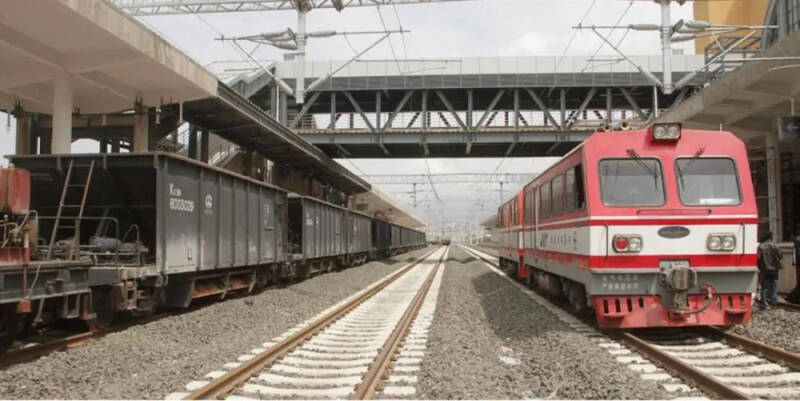Coffee rises in price! Ethiopia's black market dollar exchange rate continues to rise
According to Ethiopian media reports, earlier in July, Ethiopia announced a major revision of the foreign exchange system and carried out a series of transformation measures to establish a more market-oriented foreign exchange system. At the same time, the exchange rate of the Ethiopian currency Bill fell sharply. Initially, the decision helped to narrow the gap between official interest rates and parallel market (black market) rates.
Although the exchange rate gap between the two markets has shown signs of narrowing in recent months, it has since begun to slow. As of mid-October 2024, the official exchange rate of the National Bank of Ethiopia was 116.97 bill to the dollar, but the parallel market (black market) exchange rate reached 140 bill to the dollar. This difference shows that the country is facing a severe shortage of foreign exchange, causing companies and individuals to rely on the black market despite legal risks.
For Ethiopian companies that rely on imports, they will have to pay higher foreign currency prices on the black market, and these costs will be passed on to consumers, causing some commodity prices to rise and lead to inflation, which has become a pressing problem in Ethiopia.
As a result Ethiopia has recently liberalized its economy significantly and according to Ethiopian media reports are in the final stages of opening up the logistics industry to foreign investors in order to increase foreign exchange earnings. Earlier, Ethiopia adopted legislation allowing foreign investors to participate in financial, banking, import and export, wholesale and retail trade.
Recently, the Ethiopian Ministry of Finance issued an announcement announcing a revision of the policy to allow foreign companies to participate more in the logistics industry. According to the Ethiopian finance minister, the government has been taking various reform measures to improve the logistics industry, including increasing budget allocation, policy reform and strengthening international cooperation.

In addition, in the event "Logistics Transformation for Sustainable growth and Prosperity", the Minister of Finance stated that strengthening logistics capacity-building in Ethiopia was essential for the future of the country, especially for infrastructure such as road construction, currently receiving a large budget allocation. At the same time, the Minister of Finance noted that the Government was carrying out plans to build a new airport to enhance the country's freight capacity and stressed Ethiopia's efforts to improve its competitiveness in the international market, including improving logistics relations with Djibouti and efforts to address port access issues.
At present, for the Ethiopian coffee industry, the state allows foreign companies to invest and produce in the logistics industry is very helpful to the development of its industry, because the problem of coffee transportation has always been very serious. It was reported earlier that transportation was affected by continued clashes and attacks on some roads by militants.

In addition, since Ethiopia is a landlocked country, the export of goods such as coffee is heavily dependent on the port of Djibouti, so the transport of goods is very heavy. And the country's main railway is the Ethiopia-Djibouti standard gauge railway, which has always been owned by the Ethiopian government. Although the railway can carry 10 million tons of goods a year, its transport volume is far below its potential. And faced with animal and human obstacles and safety problems, these problems slow the speed of the railway to 30 kilometers per hour, if foreign companies invest in it. It can effectively strengthen the railway and import and export business and reduce the transportation pressure.
At present, due to the influence of parallel markets (black market) and exchange rates, the local cost of living is rising, and the cost of growing coffee has also begun to rise, with a 2% increase in the minimum price of coffee across the whole line. Once the pressure on transportation is reduced, the pressure on transport costs can be reduced.
However, Ethiopian coffee exports still face port problems, and the Houthi said earlier that they would strengthen the maritime blockade, which will lead to a continued reduction in the number of ships in the port of Djibouti. And at present, Ethiopia still has bad relations with neighboring Somalia and is unable to use Somali national ports, so the export problem remains one of the country's priority problems.
For more information about coffee producing areas, please scan the code directly and follow: coffee comments.
Long press the QR code to follow:
Important Notice :
前街咖啡 FrontStreet Coffee has moved to new addredd:
FrontStreet Coffee Address: 315,Donghua East Road,GuangZhou
Tel:020 38364473
- Prev

What are Ethiopian coffee varieties 74158 and 74110?
Friends who often buy coffee beans will definitely pay attention to coffee varieties, because coffee varieties are an important factor in flavor composition in addition to the production area and processing method. In the column of Ethiopian coffee beans, the most common one is "Heirloom". However, in recent times, Ethiopia has begun to appear a series of numbers.
- Next

What is the Colombia Fertility LOD Coffee Competition?
Recently, Colombia held the 9th Land OF Diversity, LOD Competition and Auction. The competition received coffee from a total of 1018 growers from 13 coffee producing areas in Colombia within three months. After two rounds of screening, there were finally 30 cups
Related
- What grade does Jamaica Blue Mountain No. 1 coffee belong to and how to drink it better? What is the highest grade of Blue Mountain coffee for coffee aristocrats?
- What are the flavor characteristics of the world-famous coffee Blue Mountain No. 1 Golden Mantelin? What are the characteristics of deep-roasted bitter coffee?
- Can I make coffee a second time in an Italian hand-brewed mocha pot? Why can't coffee be brewed several times like tea leaves?
- Hand-brewed coffee flows with a knife and a tornado. How to brew it? What is the proportion of grinding water and water temperature divided into?
- What is the difference between Indonesian Sumatra Mantinin coffee and gold Mantinin? How to distinguish between real and fake golden Mantelin coffee?
- What does bypass mean in coffee? Why can hand-brewed coffee and water make it better?
- Unexpected! Ruixing Telunsu lattes use a smoothie machine to foam milk?!
- % Arabia's first store in Henan opens into the village?! Netizen: Thought it was P's
- Does an authentic standard mocha coffee recipe use chocolate sauce or powder? Mocha Latte/Dirty Coffee/Salty Mocha Coffee Recipe Share!
- What is the difference between Vietnam egg coffee and Norway egg coffee? Hand-brewed single product coffee filter paper filter cloth filter flat solution!

